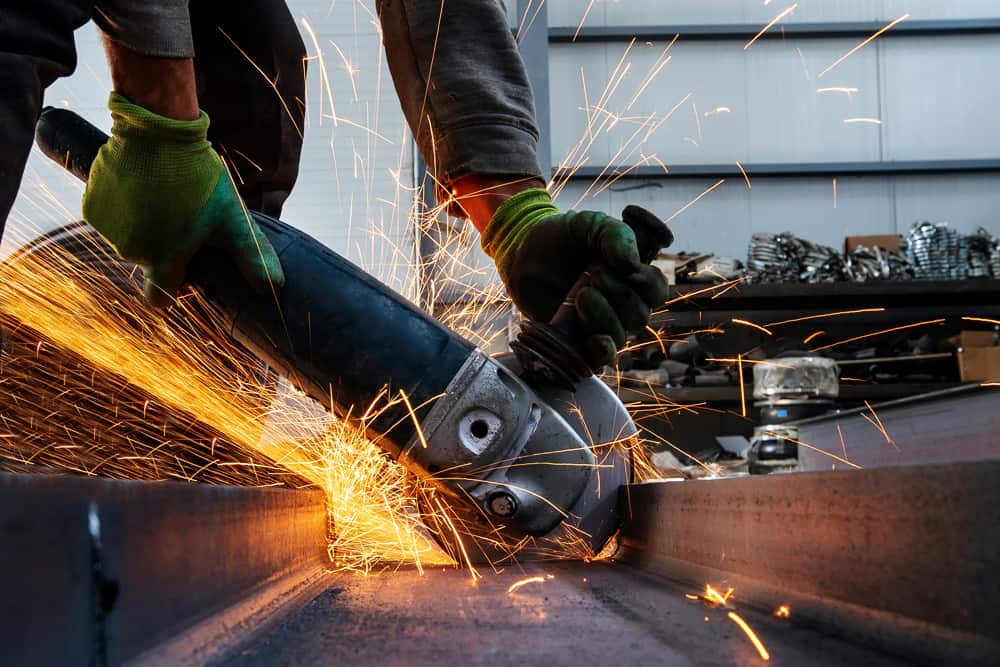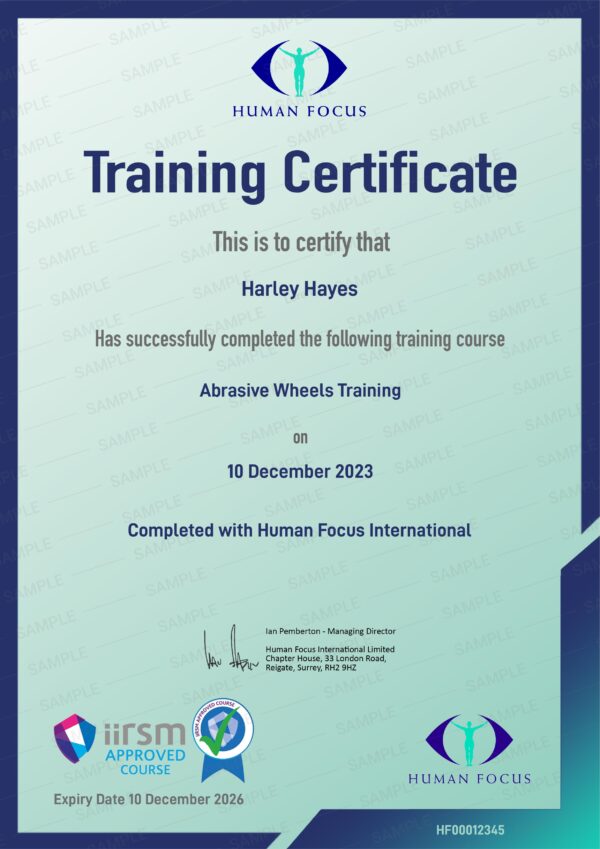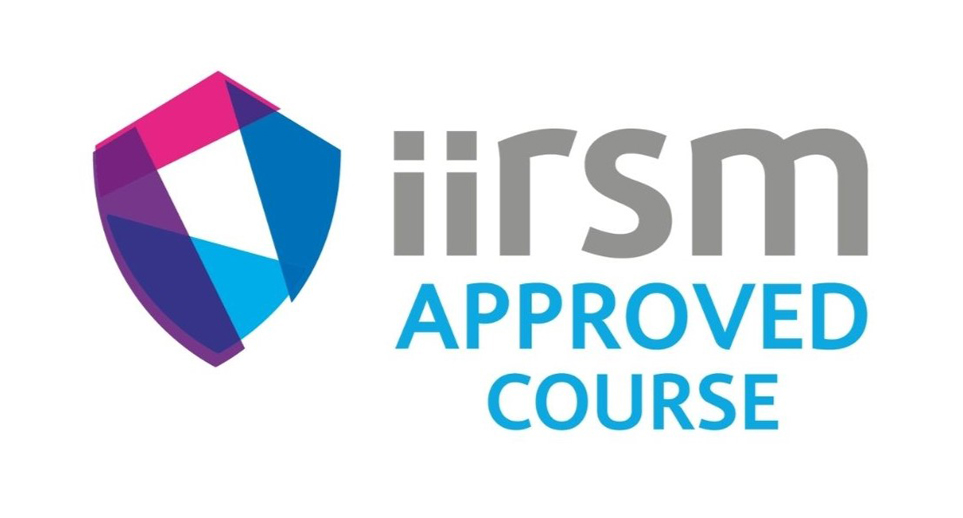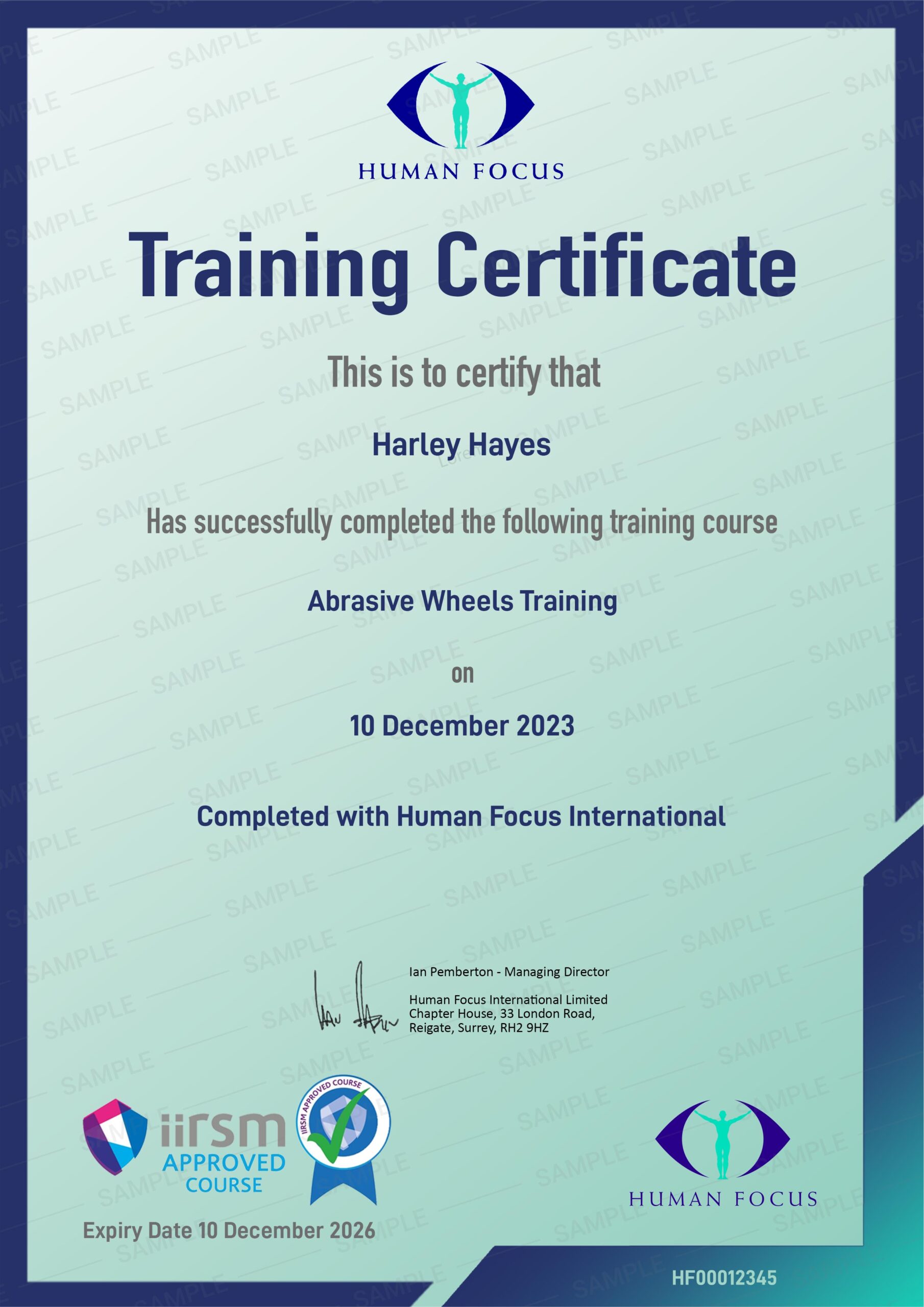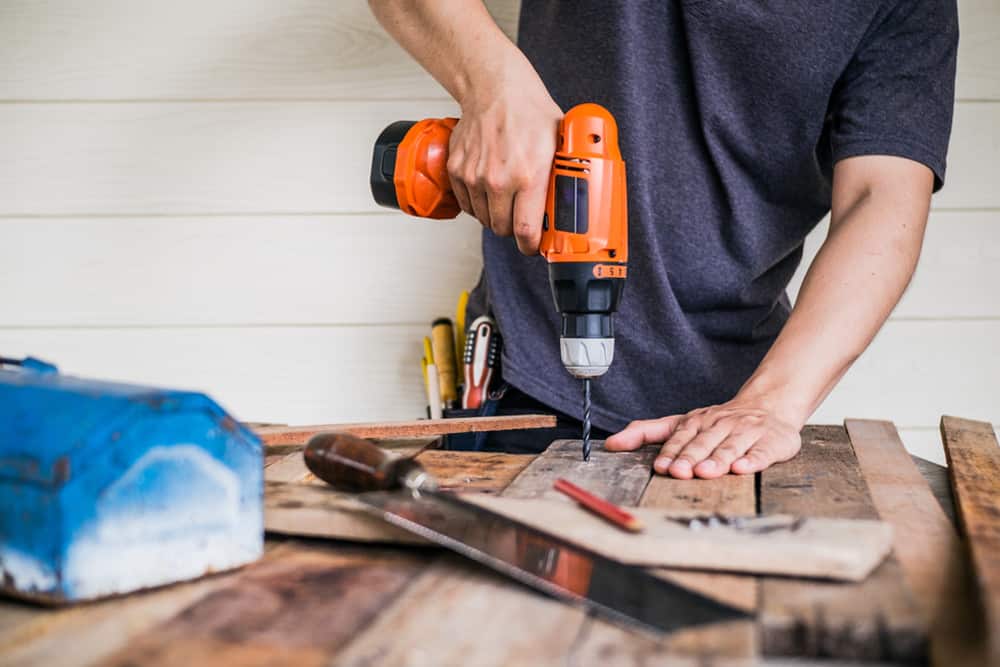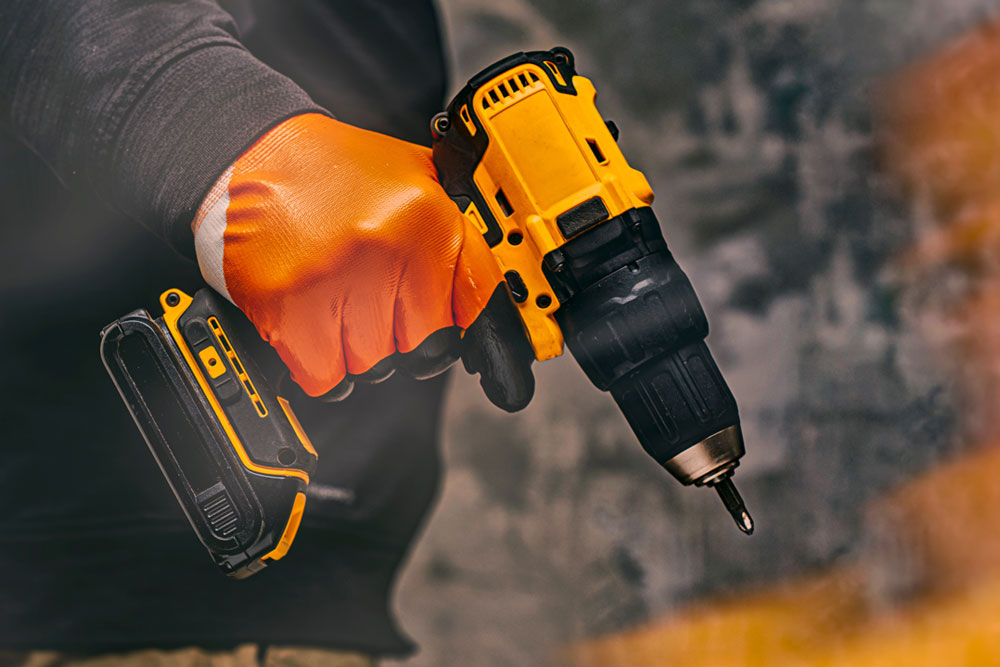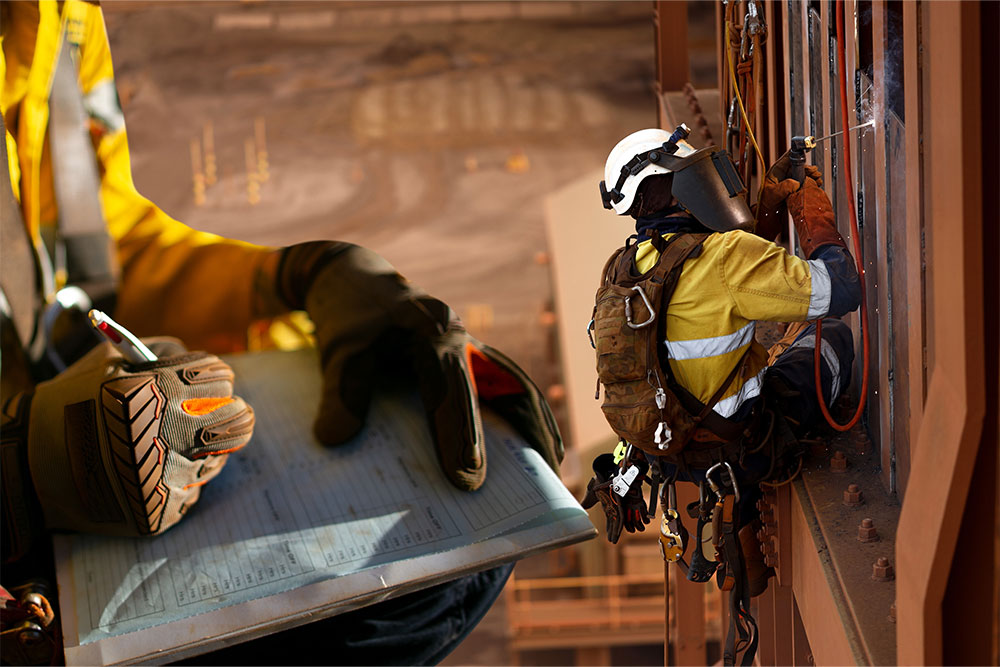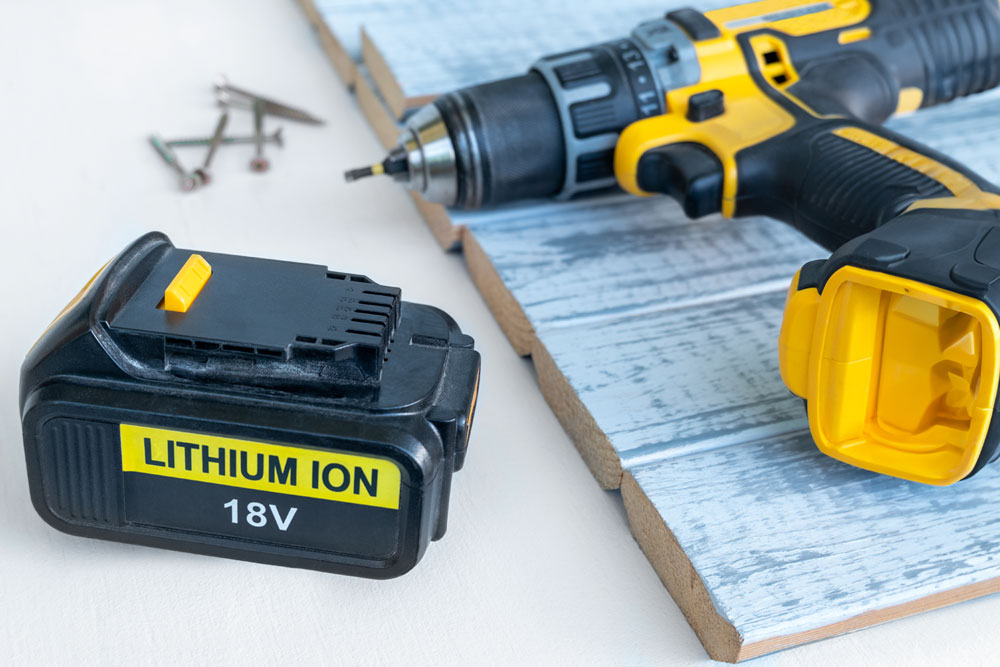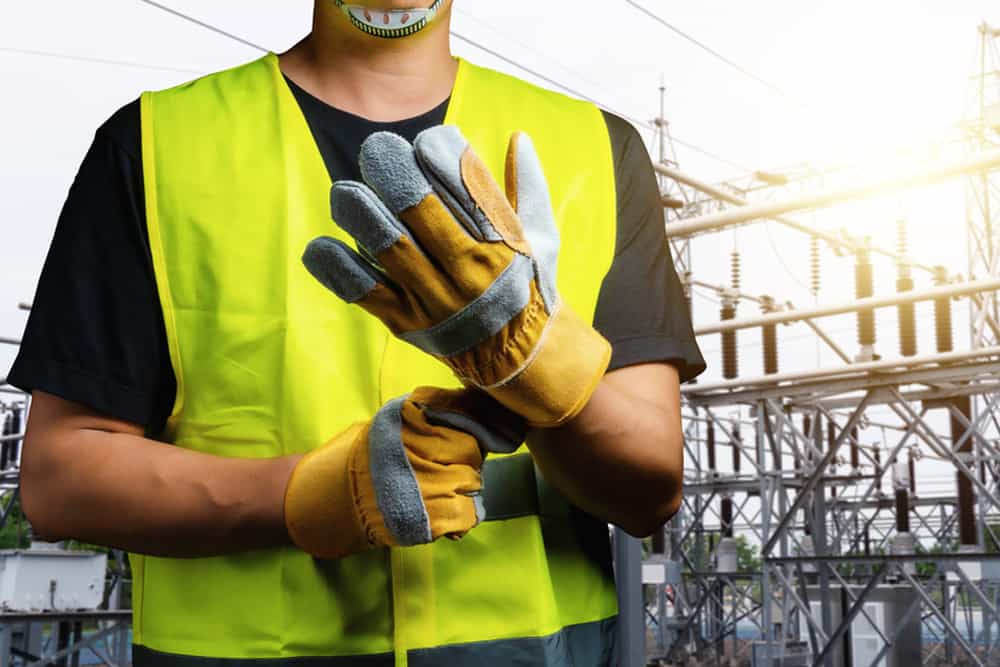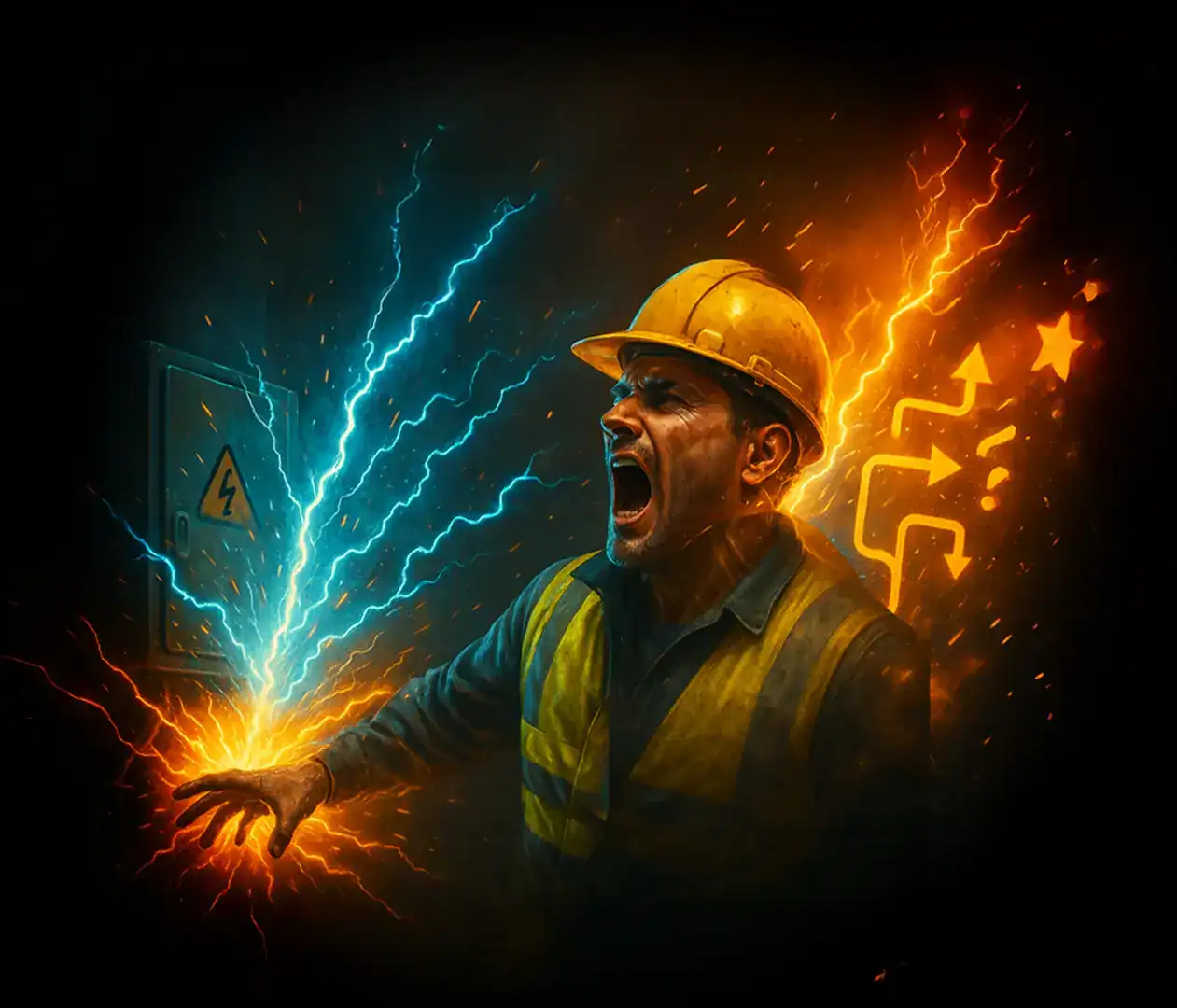Abrasive Wheels Safety Training provides a clear, practical introduction to the risks associated with handheld cutting, grinding, and sanding tools. It raises awareness of common hazards and outlines key principles for safely selecting, handling, and maintaining abrasive wheels.
Why is Abrasive Wheels Training Important?
Workers who operate abrasive wheels are exposed to multiple hazards. Contact with abrasive wheels can cause cuts, abrasions, or amputation. Operators face additional risks from excessive noise and vibration, both of which can cause long-term disability if left unchecked.
Abrasive wheels pose similar dangers to others nearby. Mishandled wheels can break, exposing operators and passers-by to high-speed shrapnel. Abrasive wheel work also generates heat, which increases fire risks without appropriate controls.
About half of the accidents that involve abrasive wheels are due to human error or unsafe work practices. To prevent harm, abrasive wheel operators must be competent. Under the Provision and Use of Work Equipment Regulations 1998 (PUWER), workers who operate abrasive wheel equipment must have sufficient knowledge, experience and safety training. In Ireland, the Abrasive Wheels Regulations 2016 require the same.
Failure to comply with these regulations severely compromises the safety of workers. Non-compliance can also result in investigation and enforcement action from the Health and Safety Executive.
This online Abrasive Wheels Training course provides users with an essential awareness of abrasive wheel risks and control measures. It covers the safety principles relevant to all forms of abrasive wheel work, plus best practices for handling equipment.
Are You Aware of Your Responsibilities?
UK health and safety law requires employers to ensure that anyone who operates handheld abrasive wheels is competent and properly supervised. Meeting this duty calls for a structured approach that stands up to inspection and, above all, keeps people safe. To support this, your staff must understand the requirements to:
- Select compliant wheels that carry the appropriate EN mark and match the tool’s spindle speed.
- Keep safeguards intact and correctly adjusted so only the working edge of the wheel is exposed.
- Carry out pre-use checks for cracks, wear and correct speed markings before every shift.
- Complete task-specific risk assessments that address sparks, dust, noise, vibration, and fire hazards.
Adopting these practices helps demonstrate that your organisation takes its legal responsibilities seriously and is committed to preventing incidents involving abrasive wheels.
Who Needs This Course?
This course is aimed at frontline and support staff who carry out or supervise work involving handheld abrasive wheels. It provides essential awareness of safe selection, mounting, and operation, helping employers meet their legal duty to ensure compliance and protect workers.
It is particularly useful for:
- Machine operators – who select and operate cutting or grinding wheels in manufacturing or workshop environments.
- Maintenance staff – who fit, inspect or replace abrasive wheels during equipment servicing or repair.
- Health and safety officers – who oversee safe systems of work and deliver guidance on noise, dust, vibration, and mechanical hazards.
- Construction workers – who use abrasive wheels for cutting concrete, metal, or pipework in variable conditions.
- Engineers – who supervise technical work or specify abrasive wheel use as part of planned tasks.
- Manufacturing staff – who carry out grinding, finishing, or fabrication tasks on the production line or in tool rooms.
Key Benefits
Training employees to select, mount, and use cutting and grinding wheels correctly helps prevent injuries. Improving safety performance can also reduce incident‑related costs, including delays, equipment repairs and compensation claims.
Here is how this course can benefit your organisation:
- Stronger compliance: This course supports employers’ broader duty of care as well as requirements under the Provision and Use of Work Equipment Regulations.
- Reduced incident rates: Trained workers are better equipped to avoid wheel fractures, kick-backs, and other common incidents related to abrasive wheels.
- Higher work quality: Workers who understand how to handle abrasive wheels correctly are less likely to incur costs of re-work or equipment repair.
- Lower costs: Fewer incidents translate into cost savings, with reductions in delays, downtime, and injury-related absences.
